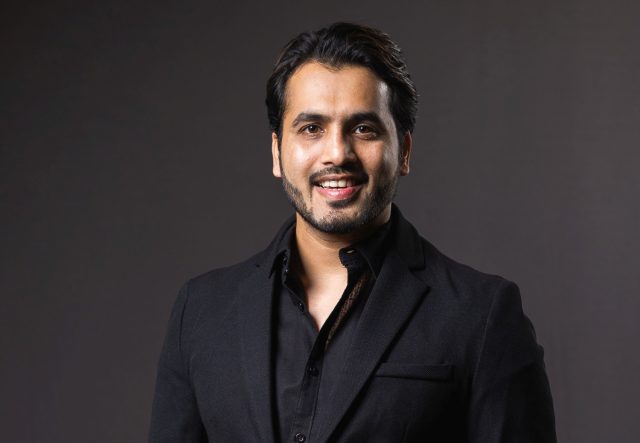By: Dr. Vipul Lunawat, Founder Director, Institute of Sports Science & Technology
India’s rising global influence, economic growth, and rapidly advancing infrastructure have sparked growing speculation about its readiness to host the 2036 Summer Olympics. After successfully organizing several major international sporting events in recent years, India is now contemplating an ambitious bid for the world’s most prestigious sports event. The country’s track record in hosting international events like the ICC Cricket World Cup, FIFA U-17 World Cup, and Commonwealth Games demonstrates its growing capacity to organize renowned sporting spectacles. However, the question remains– Is India fully equipped to handle the complexities and challenges of organizing a large-scale event of such magnitude?
One of the most critical components in hosting the Olympics is the ability to develop world-class infrastructure. In recent years, India has made notable progress in upgrading its transportation systems, sports facilities, and accommodation options. While India has iconic venues like the Narendra Modi Stadium in Ahmedabad, which is among the largest in the world, hosting the Olympics requires a network of Olympic-standard stadiums for multiple sports. Cities like Mumbai, Bengaluru, and Delhi are well-equipped with international airports, hotels, and public transport systems.
Despite these strengths, many existing facilities will require extensive upgrades to meet Olympic standards. India would also need to construct new stadiums and infrastructure for lesser-known Olympic sports. Transportation networks must be expanded, particularly in tier-2 cities, to handle the influx of athletes, officials, and spectators.
As the world’s fifth-largest economy, India has the financial capability to fund the Olympics. Public private partnerships and corporate sponsorships could further alleviate the financial burden. However, critics argue that such massive expenditure could divert resources from critical sectors like education, healthcare, and poverty alleviation. So, India’s focus will be in ensuring that the Olympics generate long-term benefits, such as improved infrastructure and tourism, rather than becoming a financial burden, which is crucial.
The 2010 Commonwealth Games exposed issues such as corruption, delays, and cost overruns. For the Olympics, India will need a transparent, efficient organizing committee with clear accountability and meticulous planning to ensure timely execution.
Hosting the Olympics could pave way for a stronger sporting culture, boost grassroots development, and attract greater investment in sports infrastructure and training, but India still lacks the depth and expertise in many Olympic sports, and significant efforts will be needed to develop athletes and facilities for these disciplines.
Hosting the Olympics would also be a matter of immense pride for India, a potential chance to showcase its cultural diversity, technological advancements, and economic progress on a global level. While many Indians see the Olympics as a source of national pride, others worry about the potential financial burden of hosting such an event. Public support will be essential for the event’s success, however a successful Olympics could elevate India’s global portfolio. On the flip side, any mismanagement could potentially harm the country’s reputation.
India’s ambition to host the 2036 Summer Olympics reflects its rising global aspirations and growing confidence in its capabilities. The Indian sports sector is expected to grow up to $130 billion by 2030 as per the research report titled Think Sports, launched by Google in collaboration with Deloitte, who also predict a 14% growth in sports sector, which is double the GDP. Sports institutions like the
Institute of Sports Sciences & Technology (ISST), Pune, are capitalizing on the growing impact of India’s interest in hosting Olympics to create a stronger foothold in the sports industry, planning events highlighting the importance of sports education through Olympics theme. According to Dr. Vipul Lunawat, Founder Director, ISST, the demand for experienced sports managers, administrators and allied sports professionals will surely be high, should India win the bid to host the Olympics in 2036.
We at ISST believe that India has the required manpower to host such magnanimous events provided they are equipped with proper skill sets developed through sports management and science programs. This is a big opportunity for India to develop a much-needed sporting culture to boost the sports industry and create future Olympians for the country, Dr. Lunawat added. Despite all this, hosting the Olympics is an entirely different challenge. Success will depend on addressing infrastructure gaps, managing finances, ensuring efficient governance, and fostering public support. With careful planning and sustained effort, India has the potential to not only host the Olympics but also use it as a catalyst for long-term growth and development. If done right, the 2036 Olympics could be a defining factor in India’s footprint on the global stage, leaving a legacy of progress, unity, and pride for future generations.








